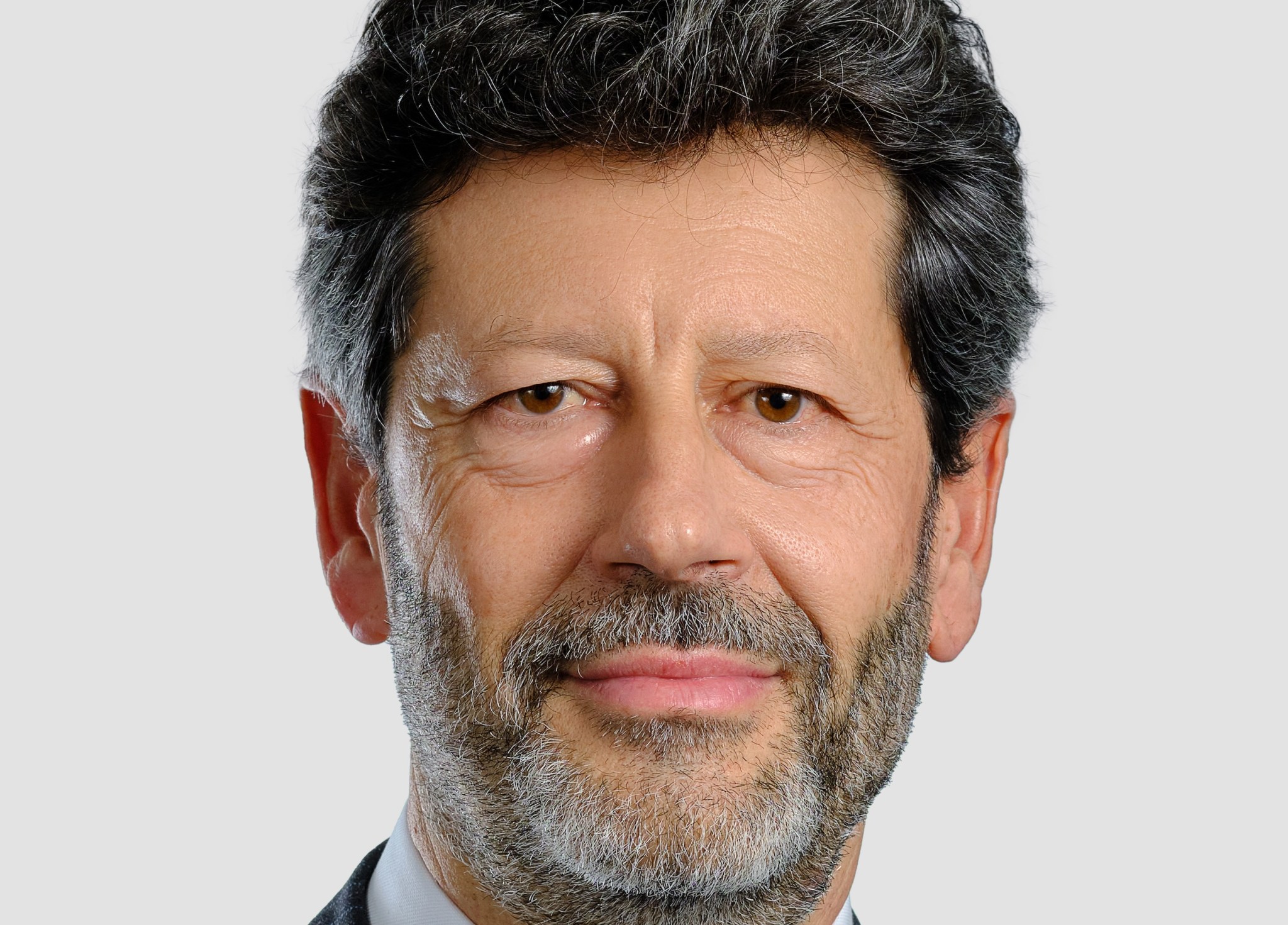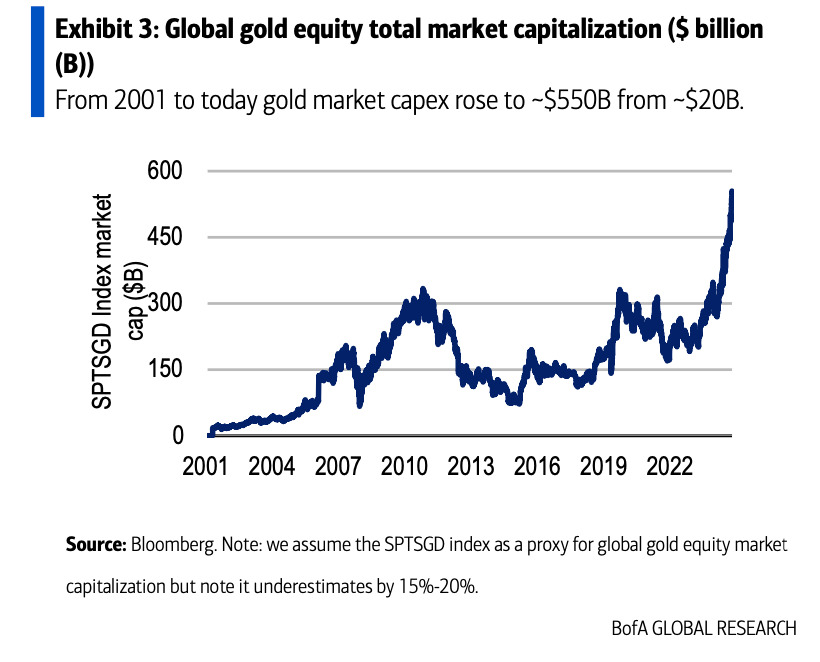The Sizewell A and B nuclear power stations, operated by Electricite de France SA (EDF), in Sizewell, UK, on Friday, Jan. 26, 2024. Photographer: Chris Ratcliffe/Bloomberg via Getty Images
Bloomberg | Bloomberg | Getty Images
LONDON — Surging power demand has reignited interest in nuclear energy, but vast capital requirements and an uncertain political and regulatory climate raise questions about the sector’s fiscal capacity.
Tech giants are pumping money into nuclear energy investments, looking to power energy-intensive data centers and realize their AI ambitions.
AI and data centers are the “canary in the coal mine,” World Nuclear Association Director General Sama Bilbao y León told CNBC ahead of the conference. “We are finally recognizing that the demand of electricity and energy in general is only going to increase. But the reality is that all sectors of the economy are going to need more electricity.”
In addition to AI, applications range from nuclear energy for the metallurgical industry, which is looking to electrify as fast as possible, to the chemical, maritime and shipping sectors, León said.
The question of how to meet the world’s growing power needs took center stage as chief executives of the world’s biggest uranium and nuclear energy firms, experts and investors gathered for the annual World Nuclear Association (WNA) symposium at the Royal Lancaster London hotel last week.
Opening remarks from Dr Sama Bilbao y León, director general of the World Nuclear Association, at the 2025 conference.
World Nuclear Association
Kicking off discussions at the conference, Leon told attendees in her welcoming speech that the event is a “working summit” looking to move past mere conversation.
Investments in the nuclear value chain through 2025 are projected to increase to $2.2 trillion, according to Morgan Stanley estimates, up from a 2024 forecast of $1.5 trillion. That level of investment raises questions over the role of government, banks and other financial players in providing sufficient fiscal capacity.
Investment challenges
Nuclear energy is said to provide a more reliable, 24/7 energy source compared to renewables, which can be more intermittent. The development of small modular reactors (SMRs) provides a more scalable power solution due to their size. According to the IEA, the payback period of a SMR investment is half the usual 20 to 30-year period for larger scale projects.
But SMRs have yet to reach the commercial stage, and most planned projects won’t come online until 2030. While a significant amount of money is being pledged, there have been no new large-scale nuclear projects in the U.S. in the last 15 years.
“The first positive story with respect to the financial sector with regards to nuclear, is that they are open to financing nuclear,” Mahesh Goenka, founder of market and commercial advisory firm Old Economy, told CNBC on the sidelines of WNA. “That was not the story a few years ago when a lot of banks didn’t want to touch nuclear projects. That has changed. The question now remains, do they have the risk appetite to finance nuclear projects?”
Challenges include over-running budgets, the late delivery of projects due to long construction lead times, the technical complexity of initiatives and difficulties obtaining licenses.
Goenka compared the West to China, where financial institutions are happy to finance nuclear projects because they can be delivered on time and on budget — leading to better margins than on other infrastructure projects. Meanwhile, the West has not built many new reactors in a very long time, so the learning rate is not quite there yet, he said.
Nearly all of the nuclear generating capacity in the U.S. comes from reactors built between 1967 and 1990, with no new constructions until 2013 when work started on the Vogtle units in Georgia. Meanwhile, the last plant to be built in the U.K. was Sizewell B, which started operating in 1995.
Nuclear investments are “inherently political projects,” said Mark Muldowney, managing director of energy, resources and infrastructure at BNP Paribas. He noted that, while clients are much more receptive to the investments, uncertainty over cost and build time remains.
“We are many years away from the situation in which techniques like project finance can be used by themselves to finance large nuclear [projects],” he said during a panel discussion.
“It’s not going to be the contractors, even if they were willing to, and by and large they aren’t, they will be bankrupted by some of the risks that sit with these projects. So it’s either going to be a government, or it’s going to be the electricity consumers of that country, and in some places that could be intermediated by utilities.”
Government backstop still required
Nuclear power plants are among the most capital intensive assets. The U.K., for example, has greenlit the construction of a massive two-reactor nuclear power station on the Suffolk coast that will generate 3.2 gigawatts of electricity — enough, the government says, to provide power for the equivalent of 6 million homes. But costs of the majority government-owned project have jumped to £38 billion, exceeding an initial target of £20 billion.
Other major projects have run into similar issues. The Plant Vogtle in Waynesboro, Georgia, ran several years behind schedule and had a budget that more than doubled during development. The U.K.’s Hinkley Point nuclear power point faced many concerns around security risks during its initial stages, as well as a budget that swelled to an estimated £40 billion.
Trevor Myburgh, senior executive in corporate finance advisory at Eskom, stressed that the private sector cannot be a “silver bullet” and solve the problem of financing nuclear energy.
Public private partnerships are going to be “crucial” in the development of nuclear, particularly in any emerging economy, Myburgh said during a panel discussion on Wednesday.
While some European countries such as Switzerland — which currently has a ban on the construction of any new nuclear plants but has drafted legislation to lift this motion — and Germany remain adverse to nuclear energy, other governments such as those of the U.K., France, and the U.S. have leaned into the energy source.
Earlier this year, U.S. President Donald Trump signed a number of executive orders designed to fast track the development of nuclear reactors and quadruple nuclear generating capacity by 2025.
Such actions from Trump’s administration have put positive nuclear energy policies “on steroids,” said Uranium Royalty Corp CEO Scott Melbye.
“What we’re seeing are really concrete measures being taken by this administration to spur not only the building of small modular reactors, advanced reactors and large reactors, but [also] in the fuel cycle,” Melbye told WNA attendees.
Investor Arfa Karani noted the growing interest from the investor community to find opportunities with startups, particularly those that supply nuclear-adjacent tech.
The U.K. government, in particular has adopted a more “hands-on” approach in helping founders understand how to invest in clean tech, she said.
“The regulation has to figure itself out. It’s no longer a question of, where do we get the capital from? ….because now suddenly it’s become a matter of national security and global power and global dominance,” she told CNBC, adding that commitment Stateside to funding AI and nuclear has meant that “all the insolvable problems suddenly becomes solvable which is very exciting for nuclear.”
Credit: Source link












